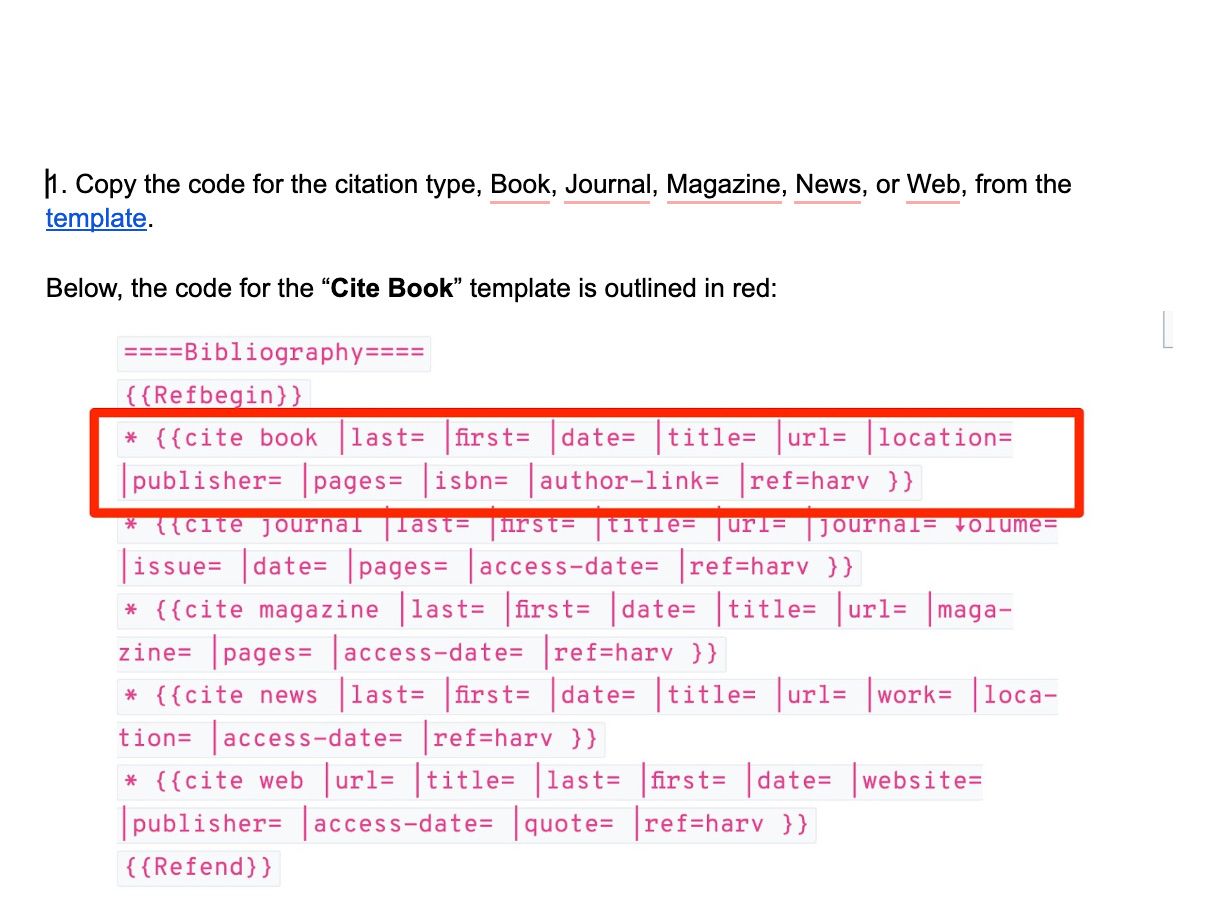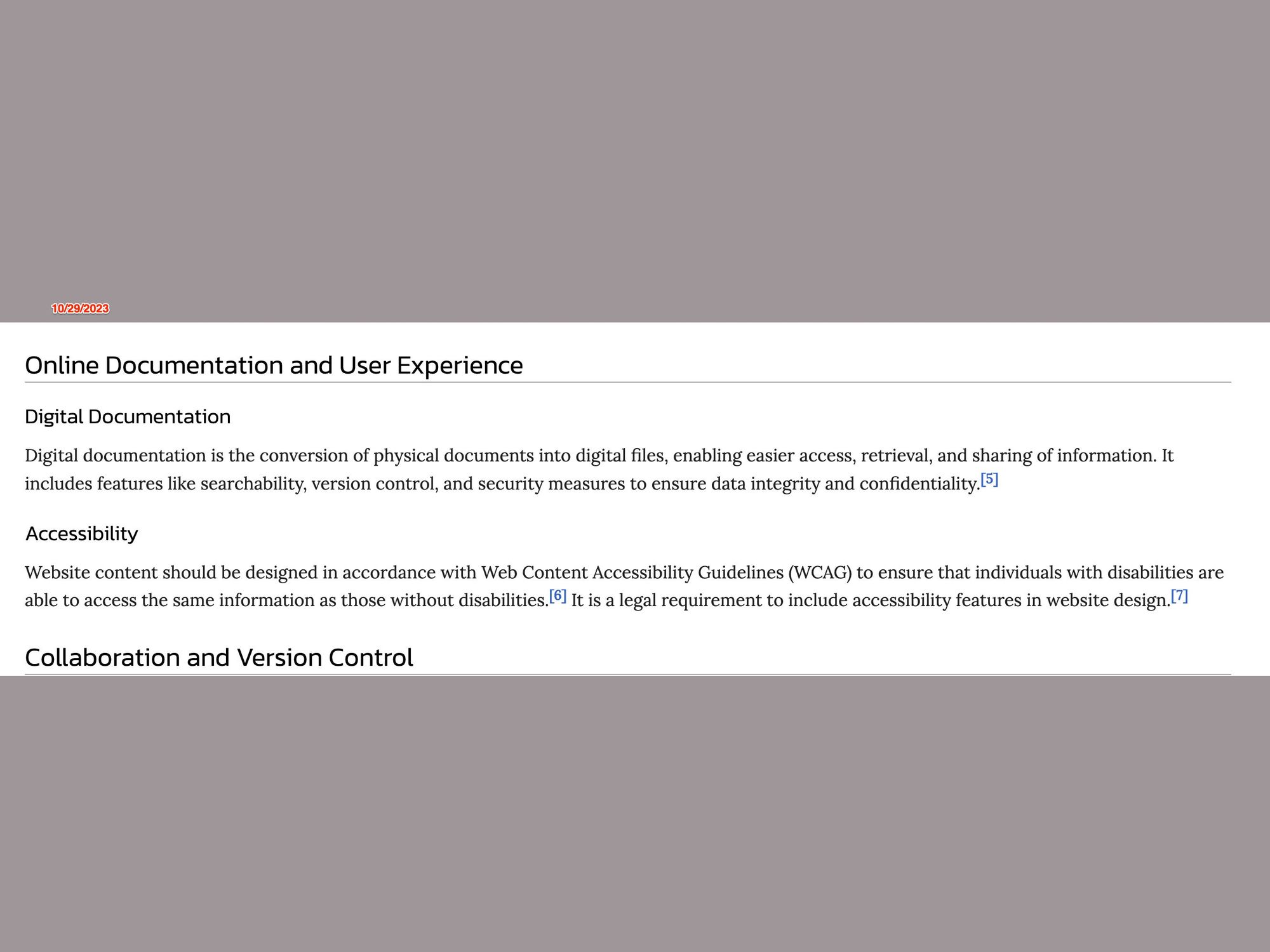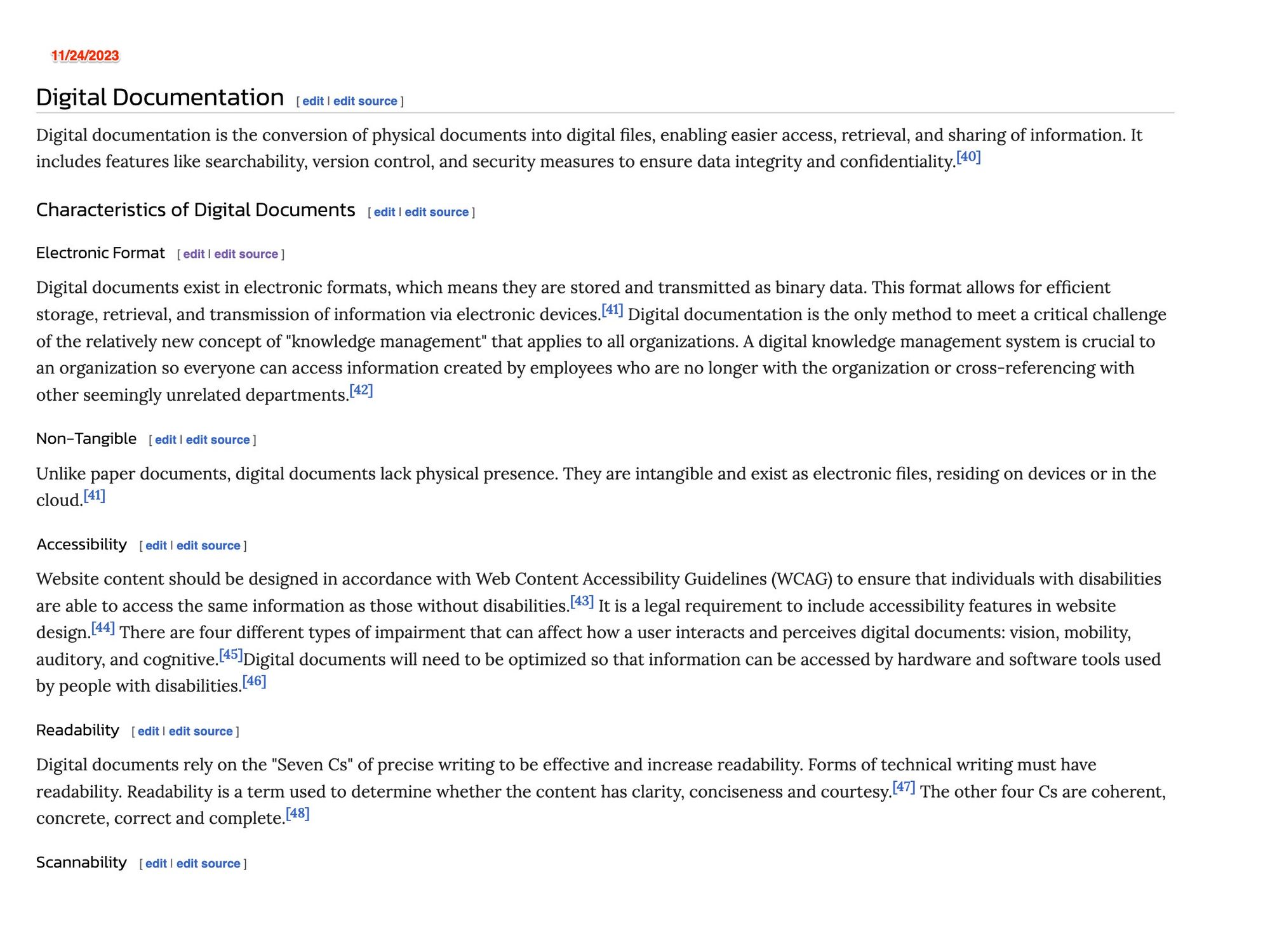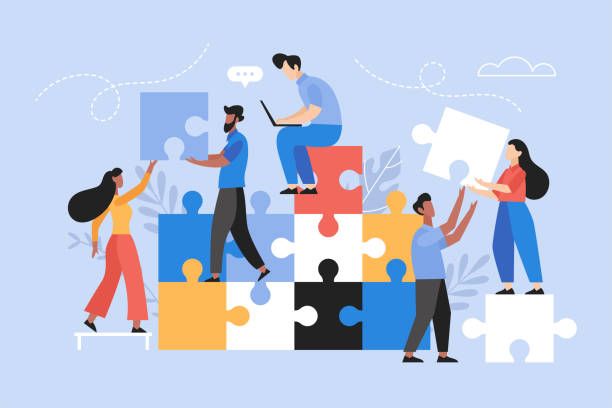Lessons Learned on Litwiki

As a remote worker, I meet weekly on Zoom to set goals and track progress with my team via email and Slack. I am used to getting constant feedback. However, during this project, the feedback wasn't as instantaneous, but that's not a bad thing. Collaborating on the Technical Writing in the Digital Age litwiki project has improved my communication skills and ability to work effectively in a virtual team. My classmates' diverse perspectives and ideas have challenged me to think outside the box and find innovative solutions.

Contributions
My most significant contribution is adding the shortened footnote template to the collaborative project. There was some confusion initially about how to add code to the project. After a few clarification emails and studying the code in Dr. Lucas’ Man Who Studied Yoga Wikipedia article, I figured out how to place the shortened footnote template in the LitWiki project. I created a step-by-step, how-to document to aid my classmates visually in adding the code to their citations. I was happy it helped others complete the task, and the project citation section looks clean and orderly.
I added and contributed to the content in the Technical Documents and Digital Documentation categories and reformatted an existing category, creating the Digital Technologies Tools section to help expand the content. I used Wikipedia’s existing article on technical writing as inspiration for content and the technical writing texts by Lannon and Gurak, Blazotti, and Lannon.
Edit Summary
I employed what I learned from the course materials, especially the Wikipedia readings, to format the headings, subheadings, and citations in my contributions. The discussion page was vital to the project because it helped me understand what my classmates were adding and some of the issues they were running into. Most of my edits consisted of unifying formats, adding shortened footnotes, and expanding the definition content I added.

I made my first edit on October 29 when I added a section defining Digital Documentation. I was nervous at first and not sure how much I should edit. As the class progressed, I grew more comfortable with my additions and continued to add the information I gleaned from each week’s reading.

The current section has 16 entries added by myself and many of my classmates. I’ve watched it expand throughout the month and tossed around ideas on the discussion page for the best way to format the content.
Learning Experience
Technical Writing in the Digital Age project has taught me that wikis are collaborative platforms where experts and enthusiasts can contribute their knowledge and insights about any field or topic. The project has proven that, with multiple perspectives and contributions, wikis enable the creation of comprehensive and up-to-date information resources.
Wiki projects enhance public understanding, promote knowledge sharing, foster collaboration, and encourage continuous learning within the community. This class has shown me that wikis empower individuals to access reliable information, stay informed about the latest developments, and make well-informed decisions related to the technical writing field.




Comments ()